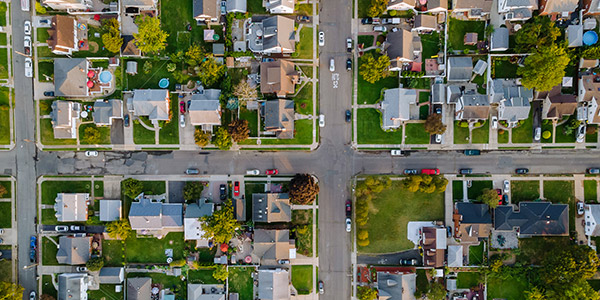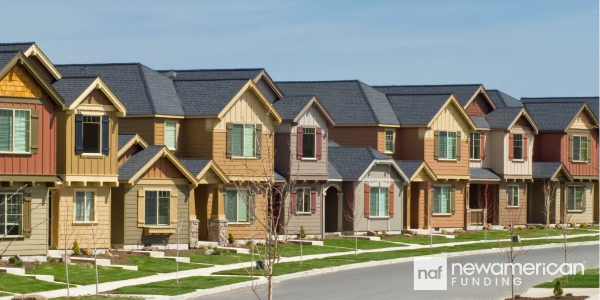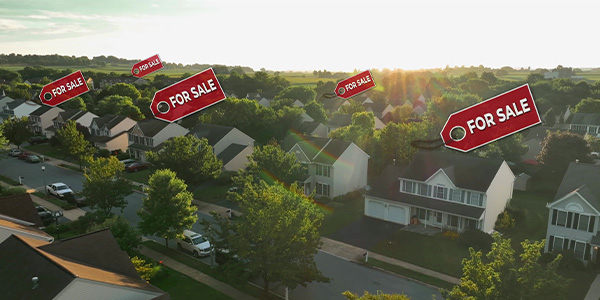Housing News
It's More Affordable to Own Than to Rent in Most Major U.S. Metros
December 2, 2014
As rent prices continue to climb higher in many of the country's larger metro areas, saving for a down payment on a future home purchase is becoming an increasingly serious concern for several prospective home buyers.
The latest Real Estate Markets Report from Zillow revealed there are only 12 markets among the nation's 100 most populous metro regions in which both rental units and local home prices have been deemed affordable based on the median earnings of the area's residents—and that's almost exclusively because of skyrocketing rent prices. Through July, renting was officially more expensive than ever in 88 of those 100 real estate markets. Following three months of relatively modest movement, national rents increased 0.6 percent from June. Much of the issue associated with rental affordability is derived from the fact that rent prices never plummeted during the recession the way home values did, meaning their recent climb began from a higher starting point.
Affordable Homes for Those Who Earn and Save
What is perhaps most indicative of the current cost of renting in a metro area, is that through June, homeowners in only six of those 100 metro markets were paying a greater proportion of their monthly incomes toward their mortgage than apartment dwellers were toward their rents. With mortgage rates hovering near historically low levels—through Aug. 21, Freddie Mac data revealed 30-year FRMs had reached new lows for the year—buyers are allocating approximately 15 percent of their incomes toward homeowning each month. By comparison, during the pre-recession, housing bubble era, the average American owner was spending more than 22 percent of his or her monthly income on mortgage payments and other associated costs.
"The affordability of for-sale homes remains strong, which is encouraging for those buyers that can save for a down payment and capitalize on low mortgage interest rates," said Stan Humphries, Zillow's chief economist. "But the health of the for-sale market is directly tied to the rental market, where affordability is suffering. As rents keep rising, along with interest rates and home values, saving for a down payment and attaining home ownership becomes that much more difficult for millions of current renters, particularly millennial renters already saddled with uncertain job prospects and enormous student debt."
Humphries added that the wage gap between renters and buyers remains wide—around $30,000 in salary separates the average person in each contingent—and until wages grow at a more substantial pace, the challenges faced by renters will remain in place. Home value appreciation rates have slowed, which certainly helps with affordability, but to save for a down payment, the average renter simply needs to begin earning more.
Don't forget to use our Home Affordability Calculator to find out how much house you can afford.





 Smart Moves Start Here.
Smart Moves Start Here.